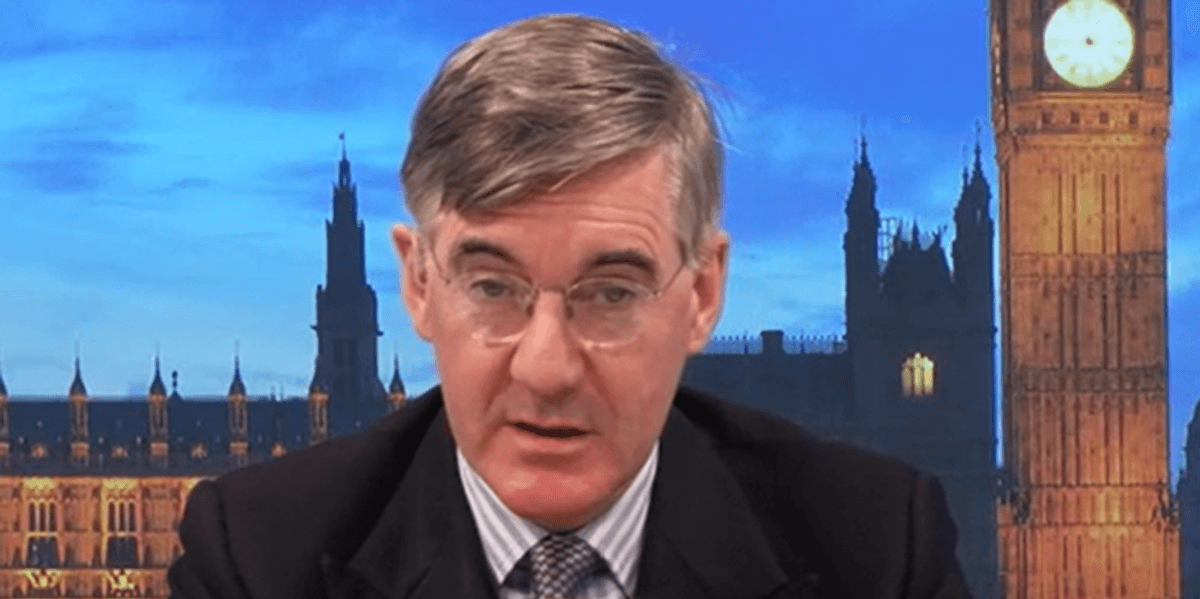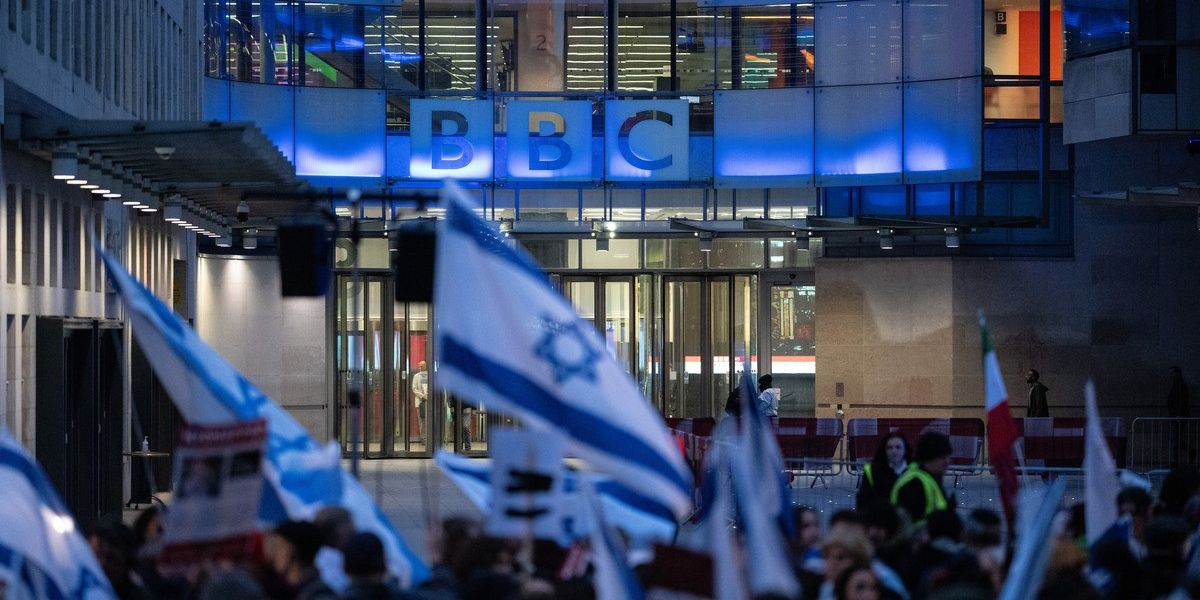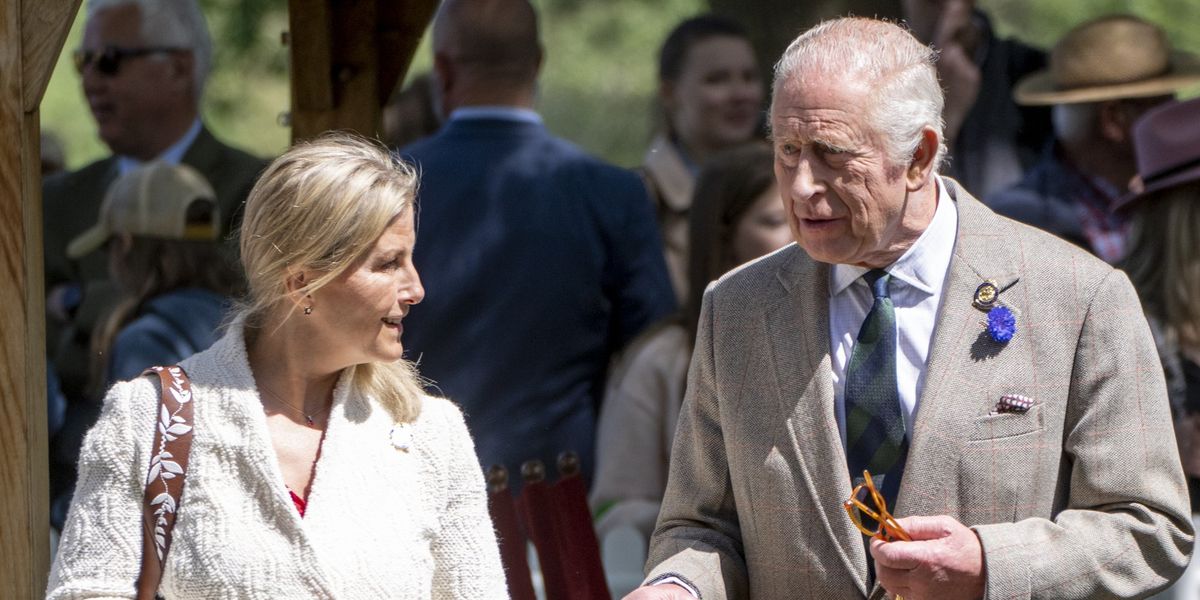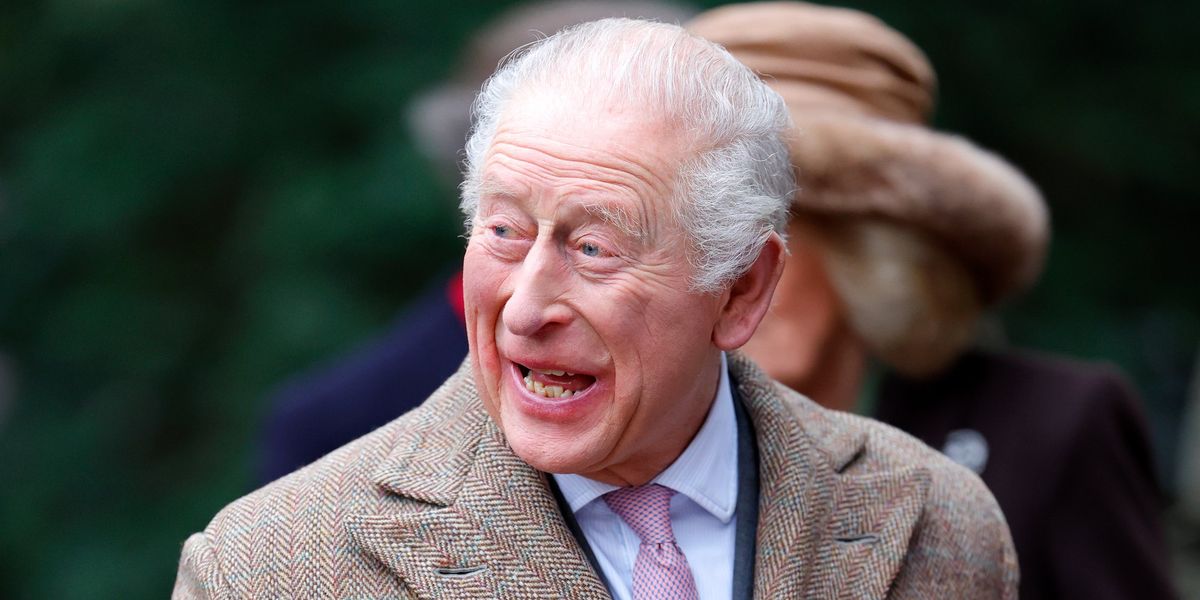Jewish members of staff at the BBC have been banned from attending a march against antisemitism.
The event, held by the Campaign Against Antisemitism, is scheduled for Sunday afternoon.
Activists, who will meet at London’s Royal Courts of Justice, hope the event will be the largest British gathering against antisemitism since the Battle of Cable Street in 1936.
However, BBC staff working in news and current affairs, factual journalism and senior leaders who have sought permission from the broadcaster to attend have been told that they need to adhere to the corporation’s existing guidance on attending marches.
WATCH NOW: Ann Widdecombe blasts the BBC over its ‘terrorism’ coverage
The rules stipulate that staff in those divisions should not participate in public demonstrations or gatherings about controversial issues.
Individuals who have asked to take part in previous pro-Palestinian marches are understood to have received similar instructions.
Staff who have suggested the rules should not apply to a protest against antisemitism have been told that the event cannot be categorised as “commemorative or celebratory”.
It has also been deemed as a “controversial march or demonstration”.
“Racism is racism and something we should all abhor — but not when it comes to anti-Jewish racism it seems,” a source told The Times.
“If the BBC believes that racism is racism and not acceptable in any shape or form then going on a rally against antisemitism shouldn’t be an issue.”
A prominent BBC producer added: “Antisemitism is not the same as overtly political support for Palestinians.
LATEST DEVELOPMENTS:
“You can object to Israeli political positions and reactions but fundamentally resurrecting antisemitic tropes and Jew hatred is a completely different matter.”
A BBC reporter has already resigned from the corporation over the channel’s coverage.
However, BBC director-general Tim Davie was clear staff were free to attend Pride parades in 2020.
He said at the time: “Attending Pride parades is possible within the guidelines, but due care needs to be given to the guidance and staff need to ensure that they are not seen to be taking a stand on politicised or contested issues.”
Davie added: “If news and current affairs staff are participating in such events they must be mindful of ensuring that they do not get involved in matters which could be deemed political or controversial.”
However, some BBC journalists are notably relaxed about the ban.
They claim they have always been careful to steer clear of any event which could compromise impartiality.
BBC
PA
A BBC spokesman said: “The BBC is clear that antisemitism is abhorrent.
“We have established guidance around marches, which explains that different considerations apply depending on what you do for the BBC.
“Corporately, we have not issued any staff communication on any specific march this weekend, but this does not mean discussions which consider the guidance have not taken place between colleagues.”
The BBC’s coverage of events in Israel and Gaza has been criticised by all sides.
There was particular outrage when the broadcaster refused to label Hamas “terrorists” and instead opted to call the group who inflicted the atrocious October 7 attack “militants”.
Five lawyers penned a letter to Ofcom to complain about the BBC’s description.
Lord Wolfson KC, Lord Pannick KC, Lord Grabiner KC and Jeremy Brier KC penned the letter to the regulator to accuse the broadcaster of failing to show impartiality “beyond doubt”.
Lord Polak, who serves as honorary president of the Conservative Friends of Israel group, was also a signatory.
A separate 2,300-word letter was written by eight UK-based journalists arguing the BBC is guilty of a “double standard in how civilians are seen”.
The letter compared the coverage to the broadcaster’s “unflinching” reporting of Russian war crimes in Ukraine.
“The BBC has failed to accurately tell this story – through omission and lack of critical engagement with Israel’s claims – and it has therefore failed to help the public engage with and understand the human rights abuses unfolding in Gaza,” the letter said.
“Thousands of Palestinians have been killed since October 7. When will the number be high enough for our editorial stance to change?”













